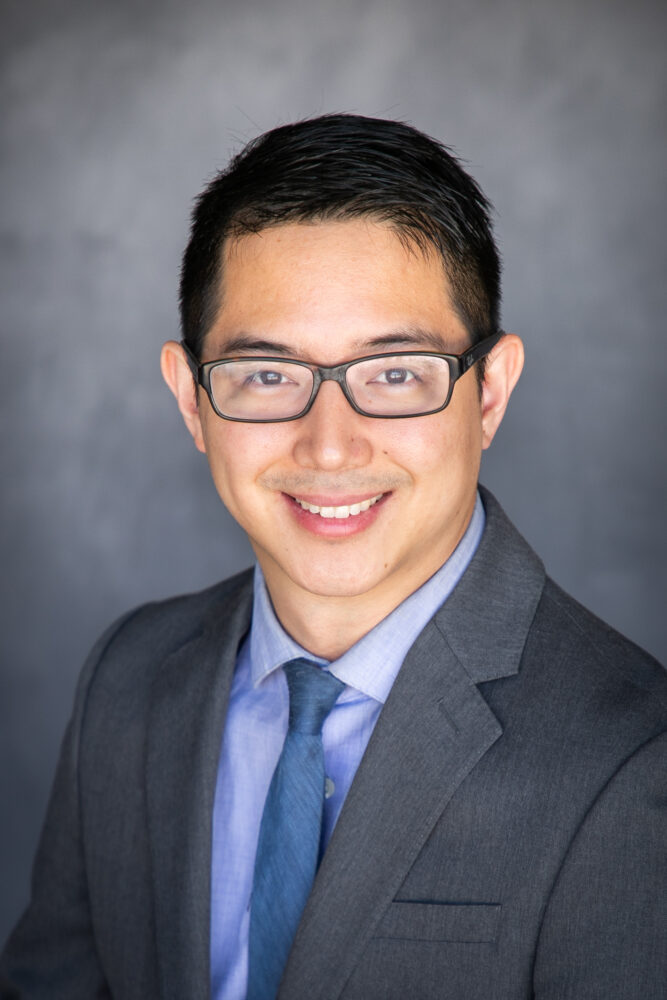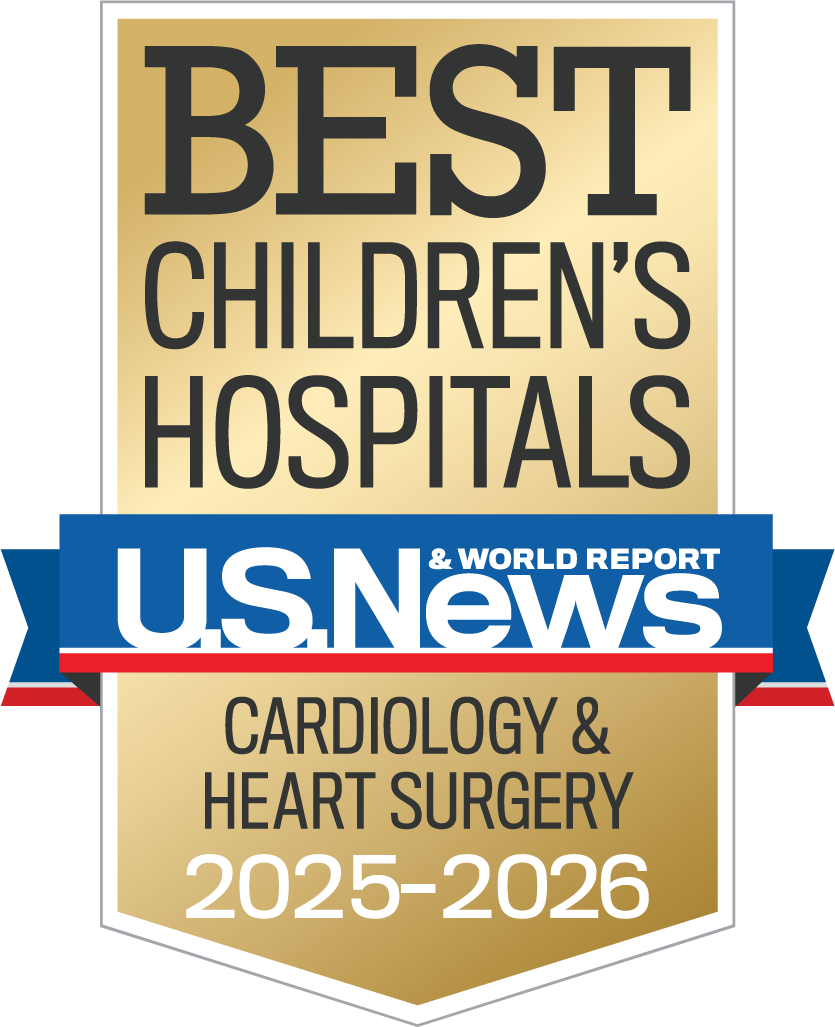The neuropsychology program at CHOC, part of Rady Children’s Health, continues to solidify its reputation as a national leader, with referrals and patient volume rising and neuropsychologist and cardiac neurodevelopmental program director Dr. Alexander Tan adding to his already stellar credentials.
Dr. Tan, recruited in 2020 to grow the program’s clinical services, research outcomes and national reputation, is now the program’s second clinician to earn certification in the subspecialty of pediatric clinical neuropsychology.
He received the coveted credential in June 2025 from the American Board of Clinical Neuropsychology (ABCN), joining neuropsychologist Dr. Jonathan Romain as among 10 medical practitioners in the state who have earned the certification. Nationwide, there are only 128. Dr. Romain earned the distinction a decade ago.
“I think it’s amazing that our organization is recognizing the efforts of the neuropsychologists to maintain excellence in the field,” Dr. Romain said.
The credential demonstrates an exceptional level of expertise and commitment in the field. Drs. Tan and Romain are part of team of six neuropsychologists on CHOC’s staff.

Growing expertise
The American Board of Professional Psychology (ABPP), which has been around for decades, developed a specialty in clinical neuropsychology in the early 1980s. It was geared toward generalist clinicians but heavily emphasized adult neuropsychology.
Over time, as more pediatricians became ABPP boarded, there was a push to provide equal emphasis on pediatric and adult neuropsychology in the exam process. This was achieved but there was still the need to further emphasize the distinction between adult and pediatric clinicians.
The compromise was to develop an additional subspeciality in pediatric neuropsychology, and that happened a decade ago. Practitioners must first get board certified in clinical neuropsychology before receiving the subspecialty certification in pediatric neuropsychology.
Dr. Romain is an expert in the evaluation of complex neurological disorders in school-age patients. A health sciences associate clinical professor in the Department of Pediatrics at the UC Irvine School of Medicine, he’s a member of Rady Children’s Comprehensive Epilepsy Program in Orange County and serves as the co-director of the Multidisciplinary Concussion Clinic. He also engages in pediatric neuropsychology fellowship training.
Dr. Tan focuses on the neuropsychological outcomes of congenital heart disease. Additionally, he serves as lead of the Pediatric Neuropsychology Training Program.
Dr. Tan said the process of earning the certification, which reflects over 10 years of training and clinical work, was “grueling,” requiring cross-country travels, oral and written exams, and much more.
Partnering with cardiac specialists
Dr. Tan’s new certification strengthens Rady Children’s cardiac neurodevelopmental program, jointly developed by neuropsychologists and cardiologists.
The program, launched in July 2020, monitors children born with serious heart defects who, as they develop, have a high risk of experiencing developmental delays, cognitive impairments, learning disorders, ADHD, autism, and mental health difficulties, and ensures these children are referred to the Heart Institute’s Cardiac Neurodevelopmental Clinic (CNC).
The cardiac neurodevelopmental program is the only Cardiac Neurodevelopmental Outcome Collaborative-recognized one in Orange County, and one of only five in California.
Monitoring newborns with complex CHD as they transition to adolescence and adulthood has become increasingly important because such patients are living longer due to advances over the last decades in surgical techniques and medical therapies.
In 2024-25, the clinic received 355 referrals. This was up 135% from 2022-23. The number of admissions in 2024-25 totaled 175, up 86% from 2022-23.
New paper published
Dr. Tan was senior author on a paper, “Adaptive Functioning During Middle Childhood in Children with Congenital Heart Disease Referred for Cardiac Neurodevelopmental Evaluation,” recently published in the Journal of Pediatric Neuropsychology.
The study focuses specifically on adaptive functioning and skills of independence (e.g., daily living, social interactions).
The importance of the study, Dr. Tan explained, is the recognition that in middle childhood — starting around age 6 — it’s already important to help support kids with congenital heart disease (CHD).
“We’re moving the marker earlier to when we need to be asking a lot of questions,” he said.

CHOC and UCLA Health together have been ranked among the top children’s hospitals in the nation for Cardiology & Heart Surgery by U.S. News & World Report.




